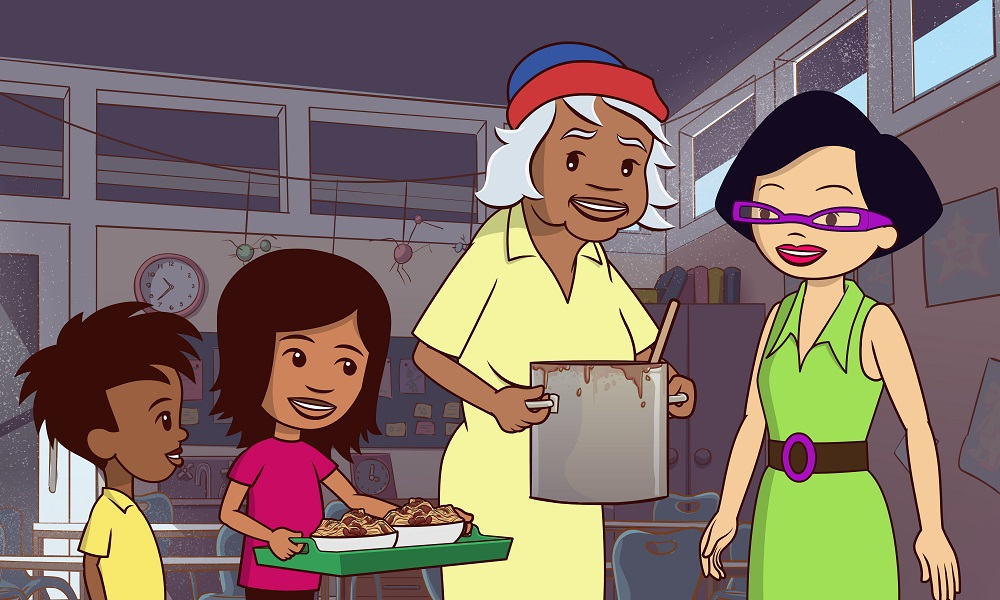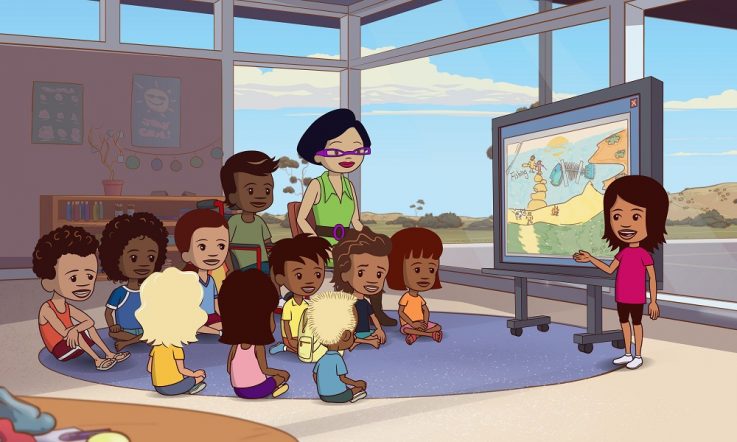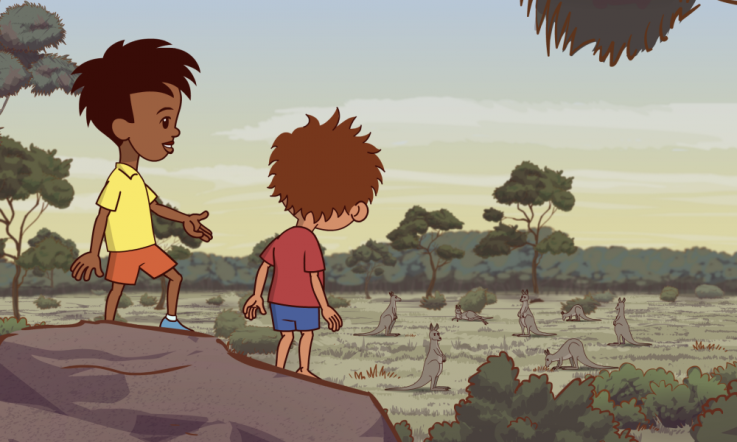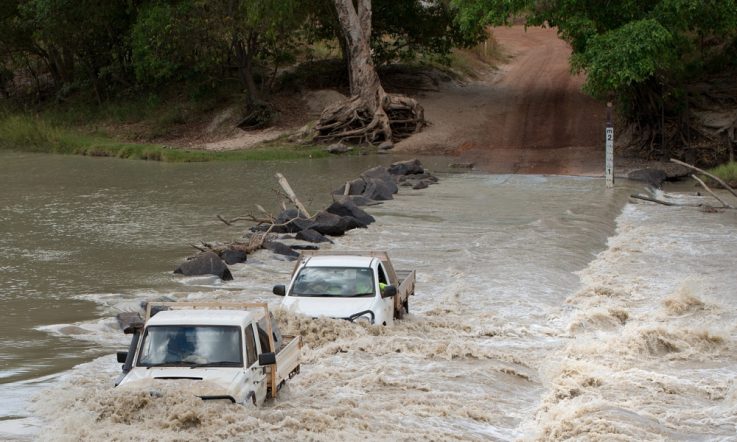The animated TV series Little J & Big Cuz bolsters pride and identity in Indigenous children, along with supporting learners' emotional wellbeing and teacher improvement, a study has found.
The award-winning series was first commissioned to support the successful transition from home to school for Indigenous children and their families and first aired two years ago.
Little J & Big Cuz models the day-to-day running of an early primary classroom and follows the adventures of the two main characters, their nanna, their dog and their teacher, Miss Chen. It links to the Australian Curriculum and the Early Years Learning Framework and is accompanied by free resources.
This new Australian Council for Education Research (ACER) study, commissioned by the Dusseldorp Forum, comprises a final report, case studies, and a literature review to identify potential social and behavioural changes in individuals, schools and communities that could result from viewing the show.
‘Educational television can have a crucial role in ensuring that the transition process is effective for Indigenous children,' the literature review notes. ‘It can open up a child's worldview and assist children to understand diverse contexts that differ from their home environment, such as schools.'
It concludes that while 'educational television is only one tool in a battery of other connected initiatives' Little J & Big Cuz can be a component to improving the school readiness of Indigenous children.
Six early childhood and primary school settings in regional, remote and urban South Australia, the Northern Territory and Queensland became case studies. The ways in which Little J & Big Cuz had been or could be incorporated into education programs and the effects on the children of both the series and the supporting teacher resources were reviewed.
All the episodes were recognised as supporting social and emotional development, and some received special mention from educators. These included:
- Lucky undies – supporting growth mindsets and highlighting the importance of persistence to success;
- Wombat Rex – showing the importance of honesty;
- Big plans – providing role modelling of how to handle conflict and show empathy; and,
- Goanna ate my homework – demonstrating resilience and handling disappointments. (Moyle, 2019)
The study found indicators of strategies employed by educators collected through case study data that could point to promising transition practices included:
- development and/or improvement in pedagogical approaches;
- recognition of the strengths in learners;
- celebration and incorporation of Indigenous cultures into the learning environment;
- bolstering of pride and identity in the Indigenous children; and,
- support and development of learners' emotional wellbeing. (Moyle, 2019)
Educators involved in the study reported that Little J & Big Cuz provided the opportunity for many ‘teachable moments' that they could use in their own context.
They also provided feedback and suggestions for further development. Some reported issues accessing the online versions of the episodes due to limited internet access or limited IT support.
Suggestions for further development of Little J & Big Cuz included a request for the creation of puppets of the characters, the inclusion of more ‘dreamings' in the next season, and the production of more books to accompany the episodes.
Stay tuned: Tomorrow we'll be finding out how teachers at a South Australian primary school are using Little J & Big Cuz in the classroom and incorporating it into the curriculum.
References
Moyle, K. (2019). Final report and case studies – Little J & Big Cuz: A school readiness initiative. Camberwell, Australia: Australian Council for Educational Research.
Watch Little J & Big Cuz now on NITV via SBS On Demand.
Visit the Little J & Big Cuz website to view the full suite of resources for each episode in the series.



